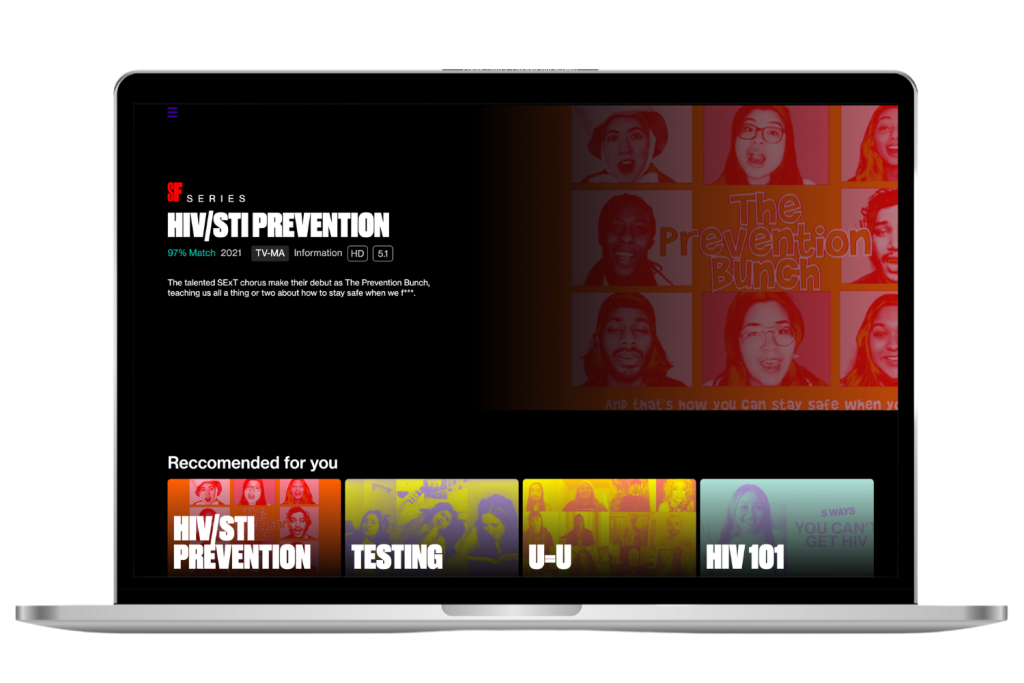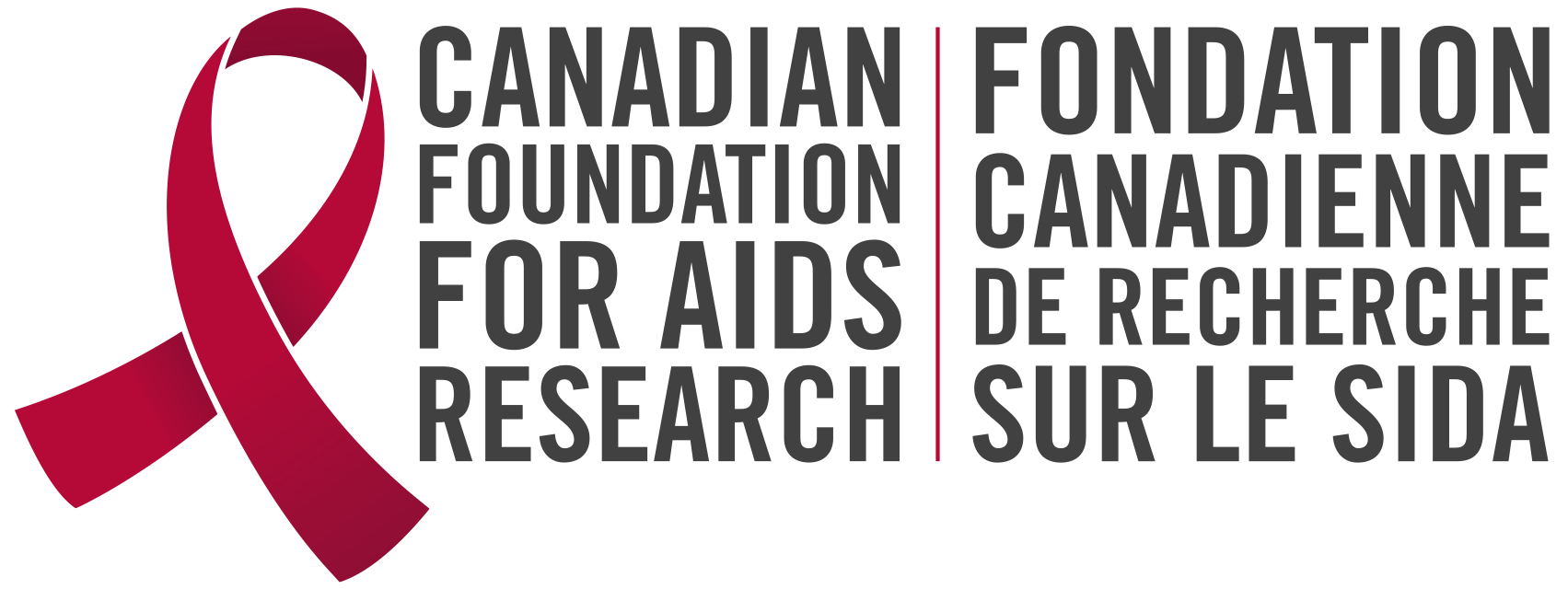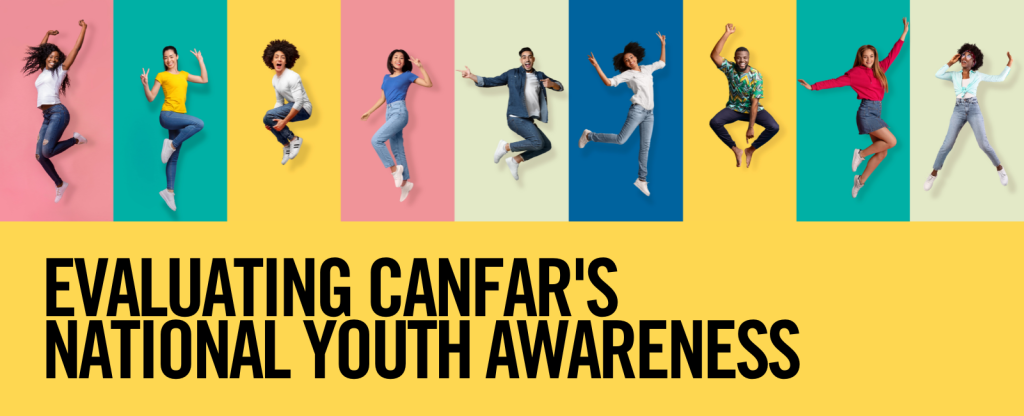CANFAR partners with York University to conduct a national study evaluating its youth resource, SEXFLUENT
CANFAR is proud to announce its partnership with York University on a Canadian Institutes of Health Research (CIHR) grant to conduct a national community-based research (CBR) study evaluating its digital youth resource, Sexfluent.ca.
The study, entitled, “Let’s get Sexfluent! Exploring New Models for Modernizing Youth HIV Resources in Canada,” is a CIHR-funded collaboration between community-based organizations across Canada, academic researchers, peer researchers, youth leaders, and people living with HIV to evaluate Sexfluent.ca for diverse youth communities.

Sexfluent is CANFAR’s national, bilingual, evidence-based, online youth resource that addresses HIV and STBBI prevention through a comprehensive approach that examines gender identity and sexuality, modern dating and relationships, sexual pleasure, mental health, substance use, and harm reduction.
Initiated by CANFAR, the study aims to determine whether Sexfluent is reaching the right audiences, what impacts it has on diverse groups of youth, and what strategies are most effective for reaching youth who are at highest risk for HIV in Canada online. The study is being led by Dr. Sarah Flicker, Professor of Environmental and Urban Change at York University, and Roxanne Ma, CANFAR’s Director of National Awareness Programs, in partnership with Sarah Switzer, Senior Researcher at the Centre for Community Based Research (CCBR), and Shira Taylor, Postdoctoral fellow and Founder and Director of award-winning SExT: Sex Education by Theatre.
In collaboration with a national youth advisory committee, peer researchers and community partners across Canada, the research team will work together to gather data from youth visiting the Sexfluent website through an online survey to learn more about who is accessing the site, how they found it, their feedback on its content and design, and its potential impact on behaviours. Youth participants from key affected populations will also be recruited for in-depth focus groups with the help of community partners (including the AIDS Committee of Newfoundland and Labrador (ACNL), the Alliance for South Asian AIDS Prevention (ASAAP), Friends of Ruby, and YouthCO). Focus groups will consist of fun and interactive activities to engage and orient youth to the website to explore its relevance and potential for diverse communities. Peer researchers will be involved in all aspects of the study, including refining data collection instruments, gathering data, analysis, and knowledge translation.
The findings from this study will be used to directly improve the resource to better meet the needs of at-risk Canadian youth, and its results will be disseminated to community partners across Canada to strengthen community knowledge and capacity.

